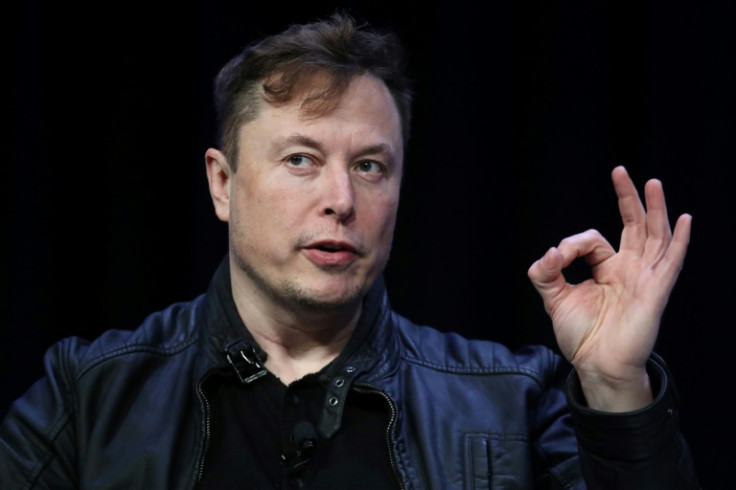US Broadcaster NPR Quits Twitter As Musk Admits 'Many Mistakes'

US radio broadcaster NPR on Wednesday said it was quitting Twitter, in the first significant defection by a major news outlet since Elon Musk's tumultuous takeover of the platform.
The exit caps a week-long row over Twitter's decision to label National Public Radio as a "state-affiliated media," branding it the same way as it does as major media outlets in authoritarian countries such as Russia or China.
Highly-respected in the US, NPR had already suspended tweets from its main account as it waited for Twitter to change course, which it did only by modifying its label for NPR to "government-funded media," a tag it also applied to Britain's BBC.
In a short statement, NPR said all its organizational accounts "will no longer be active on Twitter because the platform is taking actions that undermine our credibility by falsely implying that we are not editorially independent."
It added that "there are plenty of ways to stay connected and keep up with NPR's news, music, and cultural content," urging users to other platforms, which it linked to in a final tweet.
Musk has expressed deep disdain for news media for years and recently installed an automatic response of a poop emoji to emailed inquiries from journalists.
But despite this, news organizations have struggled to ween themselves from the platform, which remains a main communication exchange for celebrities, politicians and pundits.
A spokeswoman for NPR told AFP that its journalists, as well as its affiliate radio stations "will be able to decide on their own if they want to stay on the platform."
NPR's departure came hours after Musk indicated in a BBC interview on Tuesday that the label decision was a mistake and that he would consider changing it to "publicly-funded."
He also addressed Twitter's controversial move to strip the New York Times of its blue verified check mark after the company refused to pay to keep it.
From April 20, any legacy verified accounts on Twitter -- which were established as authentic under the company's old ownership -- will have to pay to subscribe to Twitter Blue.
One of the reasons for this, Musk said, was that he does not want Twitter to boost "some anointed class of journalists" who determine what constitutes news.
In the interview, Musk said running the social media network has been "quite a rollercoaster" and acknowledged "many mistakes" along the way, six months after he bought the company for $44 billion.
Musk, in assessing his time in charge, said it had been "a stressful situation over the last several months."
"Were there many mistakes made along the way? Of course," he said. "But all's well that ends well. I feel like we're headed to a good place."
He said the company was now "roughly breaking even" thanks in part to the crushing round of layoffs that slashed the payroll to 1,500 staff from 7,000 before the sale.
He however pushed back at reports and studies that misinformation and hateful content were seeing a resurgence on the site since his takeover.
"You said you see more hateful content, but you can't even name a single one," Musk said. "You just lied!"
Upholding his image as a hard-charging workaholic who sacrifices his personal life for his job, Musk said he often slept on a couch at Twitter headquarters.
When pushed on who was Twitter's new CEO after he pledged to find someone to fill the role, he named his dog, Floki.
© Copyright AFP 2024. All rights reserved.





















